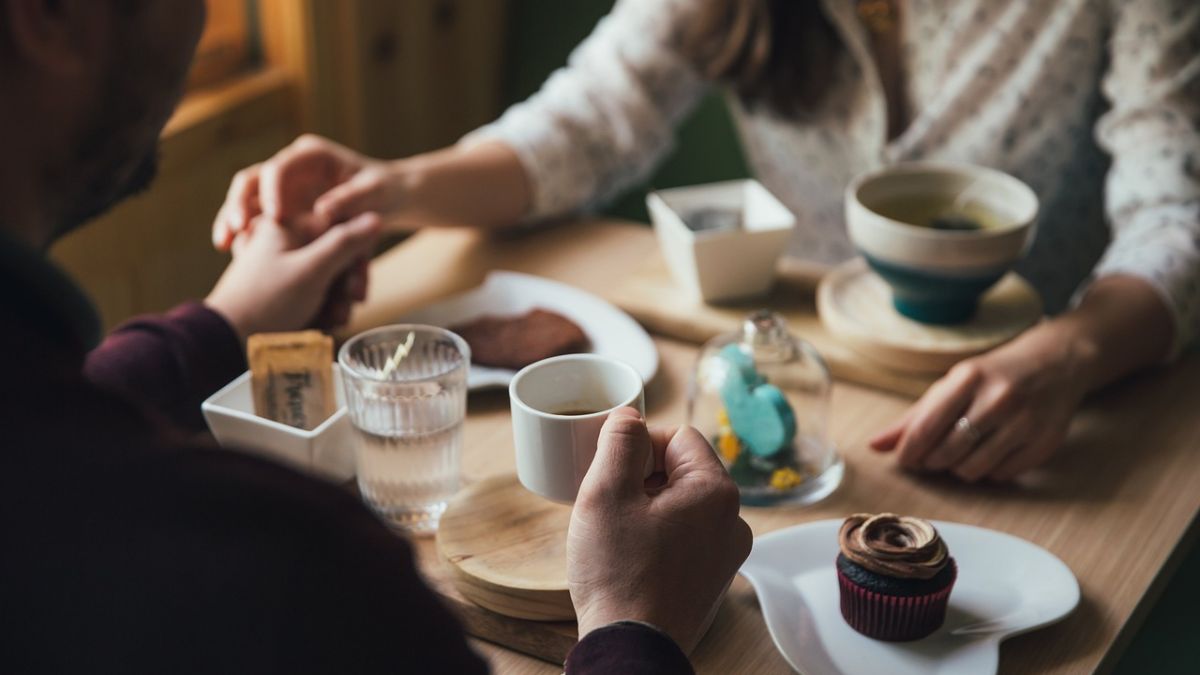Dating apps can be fun but also exhausting. Swiping right and left until you find your ‘perfect’ match can cause burnout. While people often join these online apps in search of connections and relationships, their experience is not always positive.
The question about the impact of dating apps on mental health has been raised for long. Like other social media platforms, these apps are accused of being addictive.
As we mark World Mental Health Day on Thursday (October 10), let’s look at how dating apps can be harmful and how to protect your mental health.
The ‘rush’ from dating apps
Dating apps have become go-to platforms for people seeking love, flings or both.
Swiping right on someone’s profile and interacting with them can feel good, especially if you have been feeling low or did not have a good day.
Getting a like or right swipe can give users a “rush”, Elias Aboujaoude, a clinical professor of psychiatry at Stanford, told National Geographic.
According to a 2015 Pew Research Center survey, 59 per cent of American respondents said dating apps and websites are “a good way to meet people.”
Dating apps have also boomed in India. As many as 82.4 million (over 8 crore) people used these apps in 2023, a 293 per cent jump from five years ago, as per a smallcase report.
How dating apps affect mental health
Filtering through hundreds of profile images and bios to find your ‘perfect’ match can feel like a chore. After the novelty of using a dating app wears off, there comes a time when the monotonous conversations about getting to know the person become tiring.
A 2020 survey by the International Journal of Environmental Research and Public Health found that people on dating apps have increased rates of psychological distress, anxiety and depression.
Tinder users had lower self-esteem and more body image issues than people not using the app, as per a 2016 study.
From perfectly curated filtered profile images to bios, people portray their best version on dating apps to get the right swipe. When the online version does not match the dater’s real-life version, it can lead to disappointment. The intense focus on someone’s physical appearance can also be objectifying and dehumanising.
“When we as human beings are represented simply by what we look like, we start to look at ourselves in a very similar way: as an object to be evaluated,” co-author of the 2016 study Trent Petrie, a professor of psychology at the University of North Texas, told Time magazine.
The constant swiping on dating apps when your match fizzles can be overwhelming. The online dating pool is bigger compared to real life but talking to so many people can be confusing and hamper your decision-making.
“People just get fatigued. They get overwhelmed with the whole dating process,” Helen Fisher, chief science adviser to the dating app Match.com, told New York Times (NYT).
Then, there is the fear of getting addicted.
The hope of finding the perfect match is tempting. Speaking to NYT, Shani Silver, author of A Single Revolution, said, “Imagine anticipating receiving something good for years. Existing in that state of ‘any day now’ for an extremely extended period of time is incredibly unhealthy.”
In February this year, six people in the US filed a class action lawsuit, accusing popular dating apps of designing “addictive, game-like” features made to “lock users into a perpetual pay-to-play loop.”
Features like push notifications compel users to keep coming back. “The brain is ready to get addicted, particularly when it comes to love,” Fisher was quoted as saying by National Geographic.
Absy Sam, a counselling psychologist from Mumbai, told Indian Today, “I’ve worked with clients struggling with addiction to dating apps. These people often experience a deep sense of dissatisfaction and longing for connection – leading them to seek solace in the digital spectrum.”
The signs of addiction include compulsively checking dating apps, cutting off from the real world to use dating apps, and experiencing anxiety while not using them.
You cannot escape rejection while dating. This is true for both online and real life. However, as the dating pool has increased with virtual platforms, so has the frequency of rejection.
Constant rejection can affect a person’s self-esteem and sow self-doubts. Research shows people behave differently online than their real-life personas. This could lead to behaviours like ghosting and
bread-crumbing, which can hurt the other person, and trigger anxiety and self-doubts.
How to protect your mental health
You cannot control the behaviour of your match but you can take charge of how you deal with it. Do not take rejections personally and think there’s something ‘wrong’ with you. Instead, move on, take a break and engage with your loved ones in real life.
Being on too many dating apps also increases the chance of rejection. It is better to use one dating app at a time and talk to a few people.
Like any other social media platform, it is imperative to reduce the time you use dating apps in a day. Aboujaoude told National Geographic that spending hours on dating apps could be a coping mechanism for depression or anxiety.
Spending hours swiping will not get you a match faster but only negatively affects your mental health.
If you trust the person you are chatting with on dating apps, it is better to meet them in real life (in a public place). You can never completely know a person unless you meet them personally. This may reduce the stress and anxiety that comes with endless conversations online that go nowhere.
Treat other people the way you would like to be treated and be clear about your intention about joining a dating app.
With inputs from agencies

)





